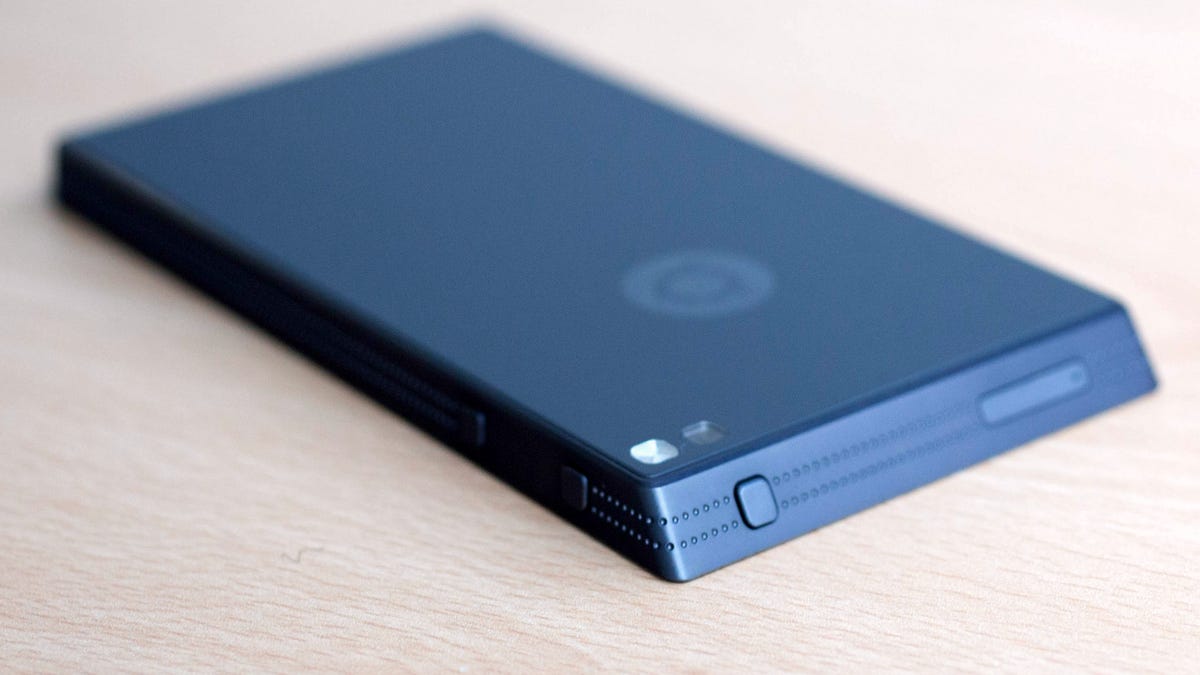Ubuntu Touch gets grip on its first phone makers
Android rival Ubuntu will be in "mid- to high-end" phones built by BQ and Meizu, the first manufacturers to commit to the British-made OS.

Android rival Ubuntu Touch takes a step closer to reality today as the first manufacturers commit to making Ubuntu-powered phones.
The first mobile device manufacturers to greenlight Ubuntu phones are BQ in Spain and Meizu in China, who not only rhyme but also have plans for phones billed as "mid- to high-end" devices. They'll be on sale this year.
With no carriers yet to commit to Ubuntu phones, the plan is for the devices to be available to buy online from BQ, Meizu, and Ubuntu.
Canonical, the British company behind the Ubuntu operating system for PCs, announced the partnerships Wednesday ahead of this weekend's industry shindig Mobile World Congress. We voted Ubuntu Touch as the most interesting thing we saw at last year's MWC, so we're excited to see the operating system making progress.
Sadly, there's no actual phones to play with yet. The closest we've come to seeing an actual Ubuntu-powered phone -- apart from the Google Nexus phones and tablets used to demo the software at MWC -- was Canonical's endearingly ambitious bid last year to crowdfund the sleek Ubuntu Edge smartphone. The Edge missed its frankly daft $32 million target, but did raise a not-to-be-sneezed-at $12.8 million in pledges from phone fans.
Ubuntu who?
Don't worry if you haven't heard of BQ and Meizu -- Canonical says that's part of the plan. Describing the partnerships as "guerilla tactics", the company's founder Mark Shuttleworth told me today that, "While we're happy to work with household names, we want to be involved with partners for whom we can be a significant part of their story, rather than being appended to the more complicated story of other brands."
Shuttleworth describes Meizu as a company that has "ripped up the rulebook." Meizu mainly sells phones in China and Hong Kong, but has plans to branch out: Meizu's Ubuntu phones will be available in China and internationally, joining the Meizu MX3 and its heavily customized version of Android in the US. The MX line is Meizu's only phone, in the same way Apple just makes the iPhone.
BQ, which also makes e-book readers and Android-powered phones and tablets, is Spain's second-biggest manufacturer of unlocked smartphones. Canonical highlights BQ's history of dual-SIM phones.
Here's hoping more manufacturers and networks commit to Ubuntu too. Various interested parties have banded together in Ubuntu's Carrier Advisory Group, which has 16 members including US carriers T-Mobile and Verizon; the UK's EE, Three, and Vodafone; Germany's Deutsche Telekom; Australia's Telstra; and China Unicom.
Carriers and manufacturers are moving towards upstart operating systems like Ubuntu in a bid to assert their independence from Google's Android platform. Android phones sell by the bucketload, but every phone sale -- and every app purchase thereafter -- funnels cash into Google's pockets. Carriers are also keen to get people in emerging markets paying for data, and so need to offer cheaper smartphones. No wonder then that carriers and manufacturers are considering rivals such as Ubuntu Touch.
Mozilla's Firefox OS is the first upstart OS out of the traps with phones like the ZTE Open, LG Fireweb, and Alcatel One Touch Fire offered by networks including Telefonica and Deutsche Telecom, with many more committing to the platform.
Meanwhile Samsung is backing the long-gestating Tizen.
For the latest smartphones, tablets, and loads more, check out our in-depth news, previews, and videos from Mobile World Congress 2014.

